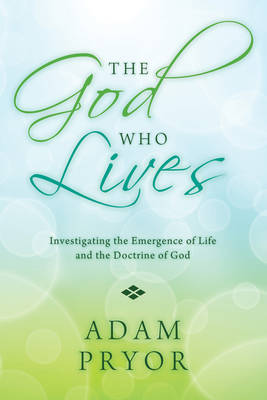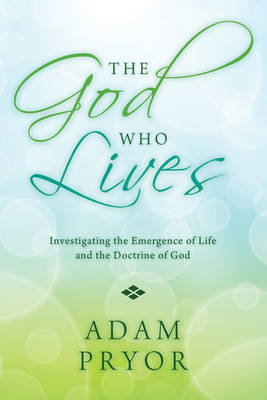
- Retrait gratuit dans votre magasin Club
- 7.000.000 titres dans notre catalogue
- Payer en toute sécurité
- Toujours un magasin près de chez vous
- Retrait gratuit dans votre magasin Club
- 7.000.0000 titres dans notre catalogue
- Payer en toute sécurité
- Toujours un magasin près de chez vous
The God Who Lives
Investigating the Emergence of Life and the Doctrine of God
Adam Pryor
Livre relié | Anglais
67,95 €
+ 135 points
Format
Description
Christian theology has affirmed throughout its history that God is a "living" God. But what does it mean that God lives? Why does it matter? Does God live like us? If God does not live like us what is the difference between our living and God's living? These are the questions Adam Pryor addresses in The God Who Lives. The book considers "life" as a conceptual problem, examining how new studies about the emergence of life have critical implications for interpreting the religious symbol "God is living." In particular, Pryor suggests how absence and desire, what is termed "abstential desire," are critical principles of life for scientific and philosophical thinking today. He goes on to develop a constructive theological proposal in which the theological meaning of the symbol "God is living" is interpreted in terms of the insights garnered from the principle of abstential desire, concluding that God can be understood as akin to the role played by absence in living things. Life is an absent but effective whole in relation to the material parts of which it is comprised. God as living is a similarly effective absence in relation to the world.
Spécifications
Parties prenantes
- Auteur(s) :
- Editeur:
Contenu
- Nombre de pages :
- 230
- Langue:
- Anglais
Caractéristiques
- EAN:
- 9781498267007
- Date de parution :
- 13-01-14
- Format:
- Livre relié
- Format numérique:
- Genaaid
- Dimensions :
- 152 mm x 229 mm
- Poids :
- 476 g

Les avis
Nous publions uniquement les avis qui respectent les conditions requises. Consultez nos conditions pour les avis.






